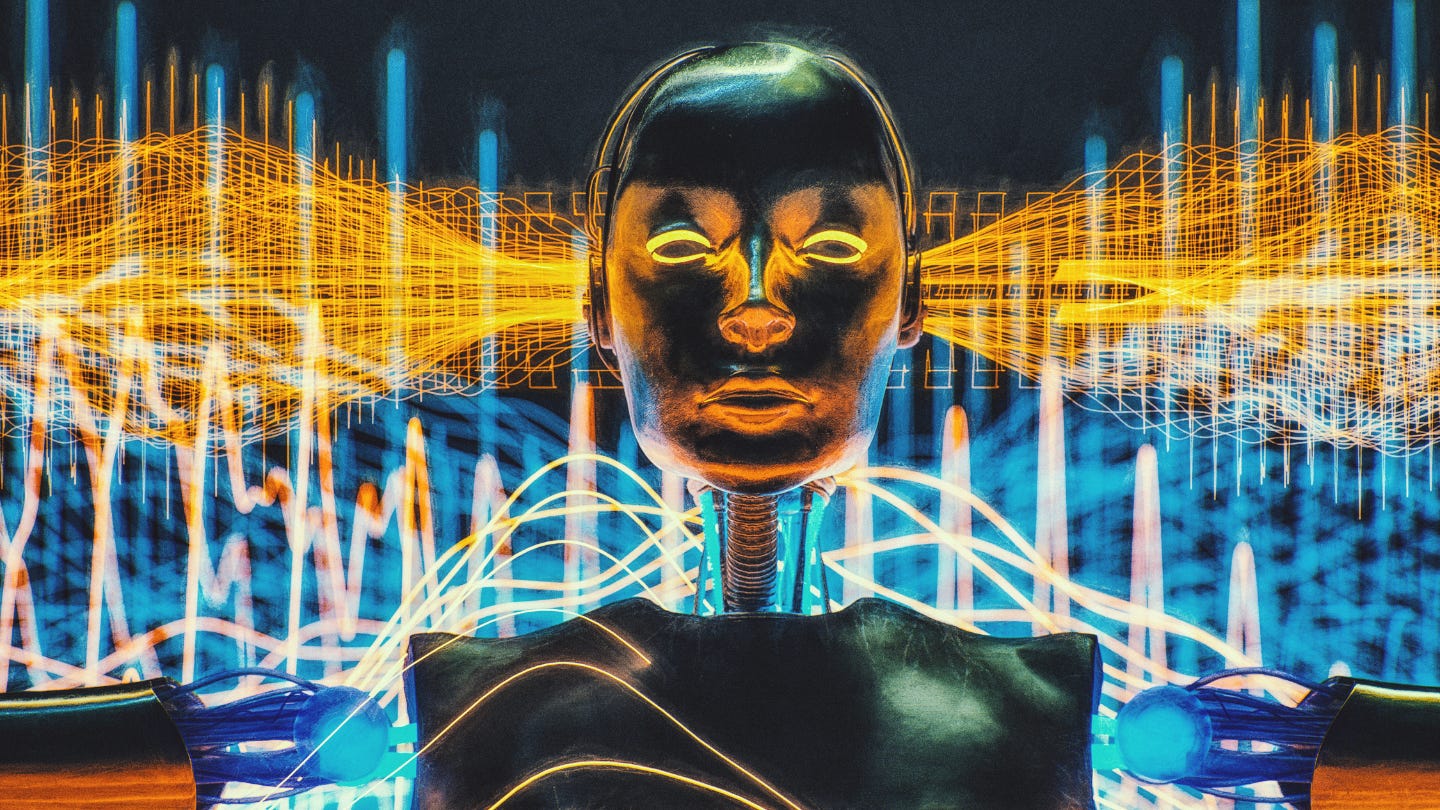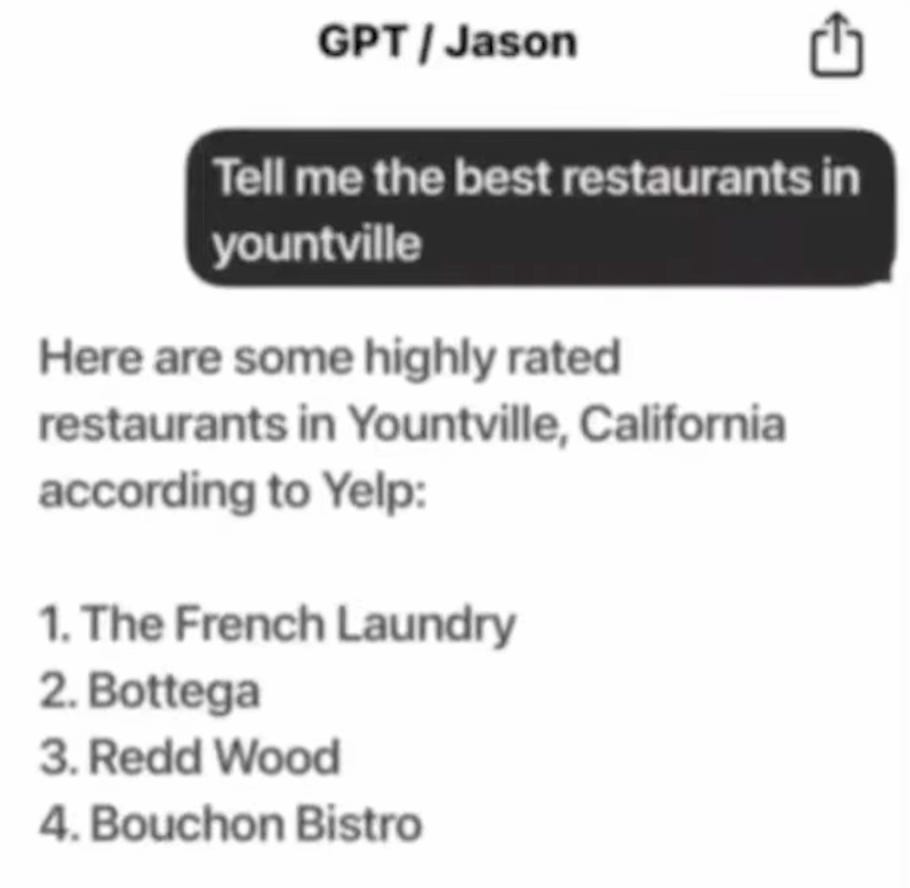The Dark Side Of OpenAI And Its ChatGPT
The ability to adapt to the new world is more important than ever
OpenAI before: “It’s too dangerous for people to not see the codes”
OpenAI now: “It’s too dangerous for people to see the codes“ (Source: The All-In Pod)
Did you know that OpenAI started as a non-profit company and has now flipped to become a for-profit company?
OpenAI was founded in 2015 as a non-profit organization, stating that it would "freely collaborate" with other institutions and researchers by making its patents and research open to the public.
OpenAI transitioned from non-profit to "capped" for-profit in 2019, with a profit cap set to 100X on any investment and partnered with Microsoft, who announced an investment package of US$1 billion into the company (source: Wikipedia).
Not surprisingly, OpenAI no longer reveals its codes, model architecture, data sets, etc. It’s ClosedAI now.
Its business strategy was unprecedentedly smart and creative: I think they could access a lot of data as a non-profit organization to train its large language model, set up a philanthropic AI research lab image that implants a good impression to the public, and then flipped to become a money-generating machine with its state-of-the-art model trained on those data.
Nothing wrong with the move to become a money-generating machine, but the recent tweet by Sam Altman, the CEO of OpenAI, is self-contradicting.

The very technology only the OpenAI team can access now is extremely powerful and excludes billions of people from accessing the details of it, causing concerns about safety, bias, and mistakes made by his own organization.
In other words, he’s virtue-signaling himself and his team.
$29 billion valuation for a tool that loses $3 million every day?
According to Wallstreet journal, OpenAI is in talks to sell existing shares in a tender offer, a bid to purchase some or all of shareholders' stock in a corporation, which would value the company at around $29 billion.
David Sacks from the All-in pod raised the issue about its arbitrary valuation:
Why $29 billion? What fundamentals is that based on? Why not $5 billion? Why not $3 billion?
Jason Calacanis from the All-in pod generously compared the valuation of OpenAI with that of Google:
Google trades at 25-30x EBITA (Earnings Before Interest, Taxes, and Amortization), so this would imply $1 billion dollar in EBITA for OpenAI.
All I know is that OpenAI loses $3 million per day to run ChatGPT and thus loses $1 billion every year on Azure credits, although it’s a naive way to evaluate other businesses that have now become worth a lot more than their previously hyped valuation (Google raised $10 million in 1997 only with its technology without any revenue).
There’s no doubt that OpenAI’s state-of-the-art technology has massive business potential in the future. It’s just hard to make sense of its $29 billion valuation. It’s a rough comparison but Google acquired Deepmind for $500 million in 2014.
Legal issues around ChatGPT: the next Napster?
Napster, a peer-to-peer file-sharing application, peaked in late 2000 when it had 60 million users around the world freely exchanging digital mp3 files.
However, the legal issues around copyright infringement stopped the company. Metallica famously sued Napster and Napster ceased operations in 2001 after losing a wave of lawsuits and filed for bankruptcy in June 2002.
A similar story might apply to ChatGPT. Here’s the screenshot of the ChatGPT app that’ll be released in the future (source: Jason from the All-in pod).
It cites Yelp as the source of the data. If I were a user of the ChatGPT app, I wouldn’t use Yelp after seeing the result of ChatGPT citing Yelp for the answer.
This means that the usage of Yelp will drop due to ChatGPT which uses Yelp’s data, Yelp’s revenue will decline, and Yelp might raise the issue against ChatGPT. And other big data providers like Quora, Facebook, Instagram, Twitter, etc will raise similar issues.
The juxtaposition between Google and OpenAI
According to David Friedburg from the All-in pod, OpenAI started as a “savior of humanity” when Google bought Deepmind in 2014, worrying that Google controlling Deepmind is a scary threat to humanity.
Fast forward to 2023, the dynamics are likely to be flipped: Google and Deepmind are releasing “Sparrow”, the ChatGPT competitor, this year and they may open source it (i.e. release it for free) to reinforce their dominance in the search industry.
Meanwhile, OpenAI, originally founded to advance digital intelligence in the way that is most likely to benefit humanity as a whole, unconstrained by a need to generate a financial return (source: OpenAI blog), will run its ChatGPT in a stealthy and exclusive manner to maximize the revenue.
Final thoughts: the ability to adapt to the new world is more important than ever
There’s no doubt that ChatGPT and other large language models will change the world and disrupt industries. According to David Sacks, this is the next big thing since iPhone in 2007.
They will make a lot of current jobs become obsolete, create new opportunities for entrepreneurs, increase our productivity, and create new jobs (who would’ve thought that being a YouTuber or podcaster can be a full-time gig?).
We all need to play with them, learn about them, and use them for our benefit. ChatGPT and other large language models are here to stay.
Thanks for reading and have a great day 😊
Not financial or tax advice. This newsletter is strictly educational and is not investment advice or a solicitation to buy or sell any assets or to make any financial decisions. This newsletter is not tax advice. Talk to your accountant. Do your own research.



